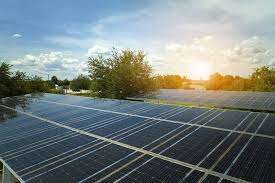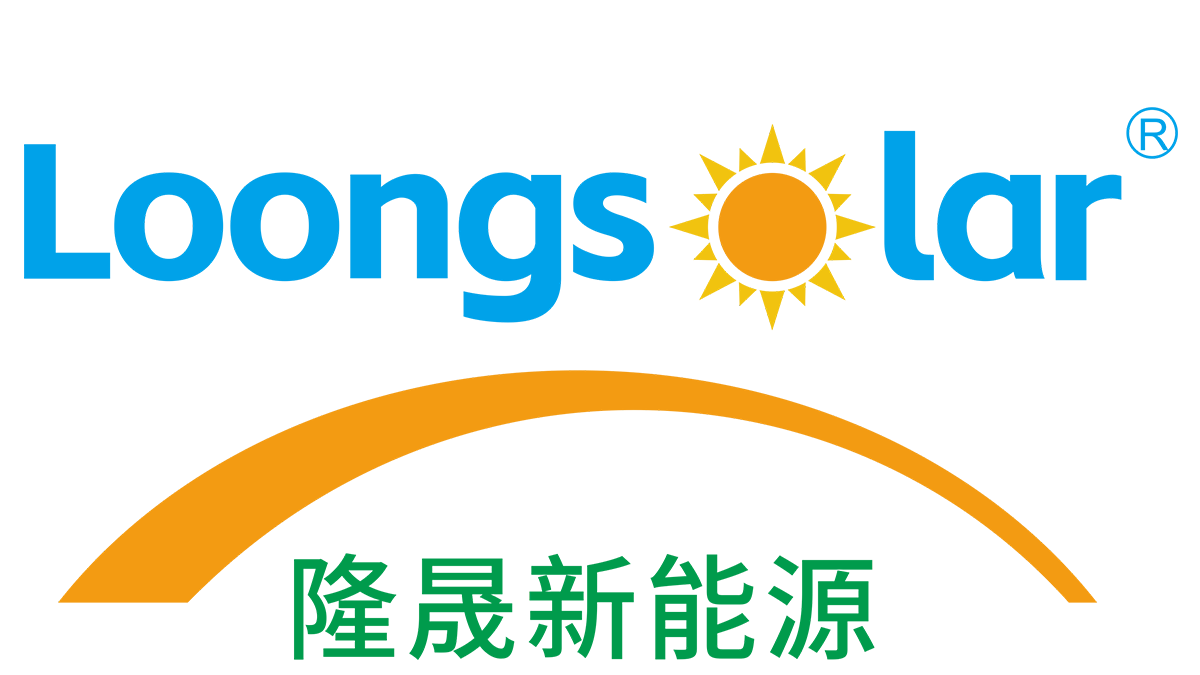How Much Are Solar Panels?
The cost of solar panels is a key factor in many people's choice to use solar energy. As more people want renewable energy, knowing the price of solar panels is important for homeowners and businesses. In this article, we will explain the factors that affect the cost of solar panels. We will also discuss how much you can expect to pay for a solar system.
1. The Average Cost of Solar Panels
The cost of solar panels depends on several factors. These include the panel's quality, its efficiency, and the system's size. On average, the price of solar panels in the United States ranges between $0.70 to $1.50 per watt of energy produced. For a typical residential solar system of 6kW (6,000 watts), the cost of the panels can be between $4,200 and $9,000.
2. Installation Costs
The panels are a big part of the cost, but installation is also very important. Installation costs can change based on several factors. These include how complex the installation is, the type of roof, and where you live. On average, installation costs for a residential solar system range from $2,000 to $5,000.
3. Additional Costs: Inverters and Mounting Systems
A complete solar power system doesn’t just include solar panels. Additional equipment such as inverters, wiring, and mounting systems are also necessary.
The inverter changes the DC (direct current) electricity from the panels into AC (alternating current). Most home appliances use AC. This component typically costs between $1,000 to $2,000.
Mounting systems, which secure the panels on rooftops or the ground, may cost around $500 to $2,000, depending on the installation type. So, if you're considering a complete system, don’t forget to factor in these additional components.
4. Permits and Fees
Depending on where you live, you may need to pay for permits before installing solar panels. These fees typically range from $100 to $500, depending on local regulations.
5. Tax Credits and Incentives
One important way to lower the upfront cost of solar panels is to use government incentives. In the United States, there is a federal investment tax credit (ITC).
This credit allows you to deduct 30% of the cost of your solar system from your federal taxes. Many states and local governments also provide rebates, grants, and tax incentives. These help make the installation of solar energy more affordable.
6. Factors Affecting the Cost of Solar Panels
Several factors influence the price of solar panels:
Panel Type and Efficiency: Monocrystalline panels are the most expensive but offer higher efficiency and longer lifespan, making them ideal for homes with limited roof space. Polycrystalline panels are generally less expensive but may offer slightly lower efficiency.
System Size: The larger the system, the more it will cost. However, larger systems typically offer a better return on investment in the long run, as they produce more electricity and can offset more of your energy bills.
Brand and Warranty: Reputable brands with longer warranties (typically 20-25 years) often charge more for their products. However, these brands usually offer higher quality and more reliable panels.
7. Is Solar Energy Worth the Investment?
Although solar panels can have a high upfront cost, they offer long-term savings and financial benefits:
Reduced Utility Bills: By generating your own electricity, you can significantly lower your monthly energy bills. Some homeowners have reported savings of up to 70% or more on their electricity bills after installing solar panels.
Return on Investment (ROI): Solar systems typically have a payback period of 5 to 10 years, depending on your location, system size, and energy consumption. After the payback period, your solar system will continue to generate free electricity for another 15 to 20 years.
Increased Property Value: Homes with solar panels installed can see an increase in property value, making it a solid long-term investment. Studies have shown that homes with solar energy systems sell for more than those without.

The cost of solar panels has dropped a lot in the last ten years. With the right incentives, they are now more affordable. The initial installation cost may seem high, but solar energy has long-term financial benefits.
It also helps reduce your carbon footprint and can raise your home’s value. If you are thinking about switching to solar, contact a professional installer. They can give you a customized quote and tell you about any incentives or rebates in your area.





